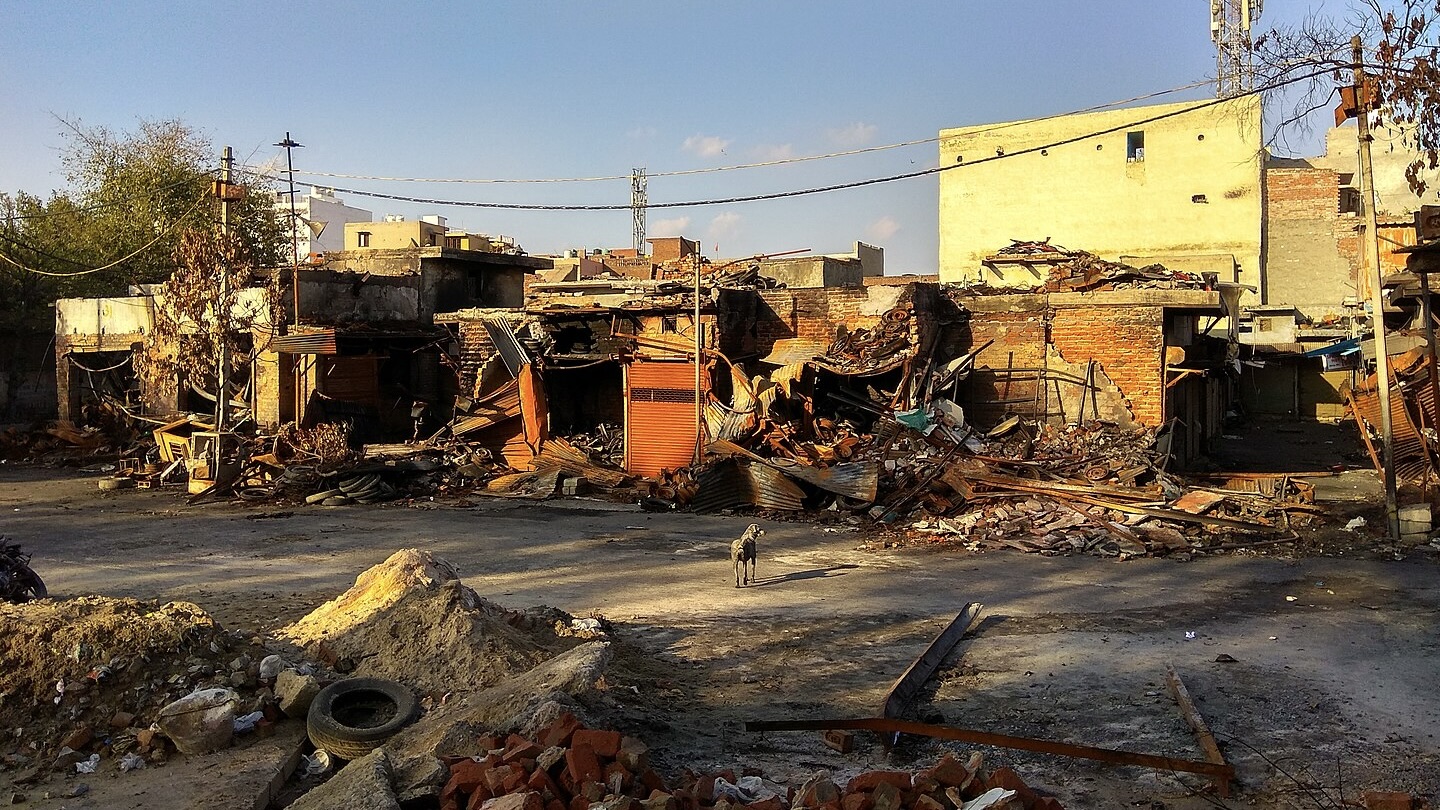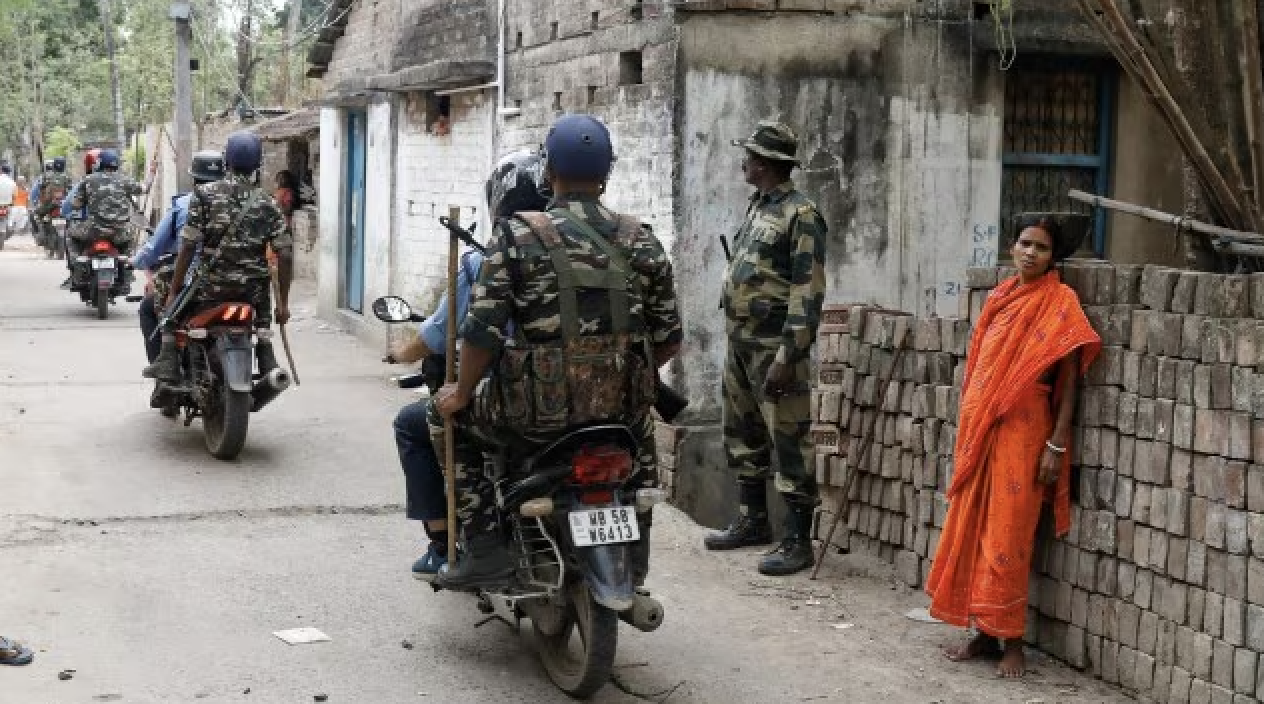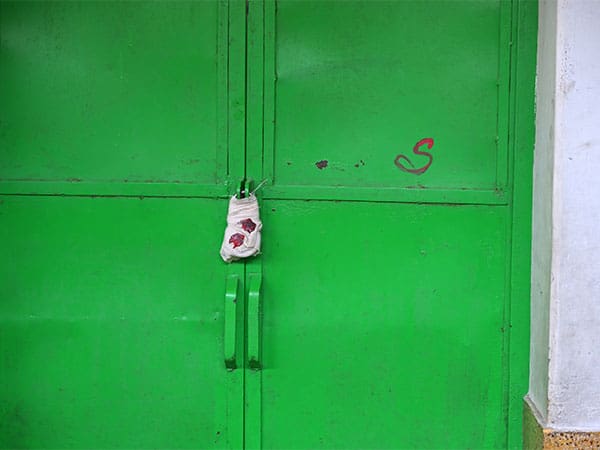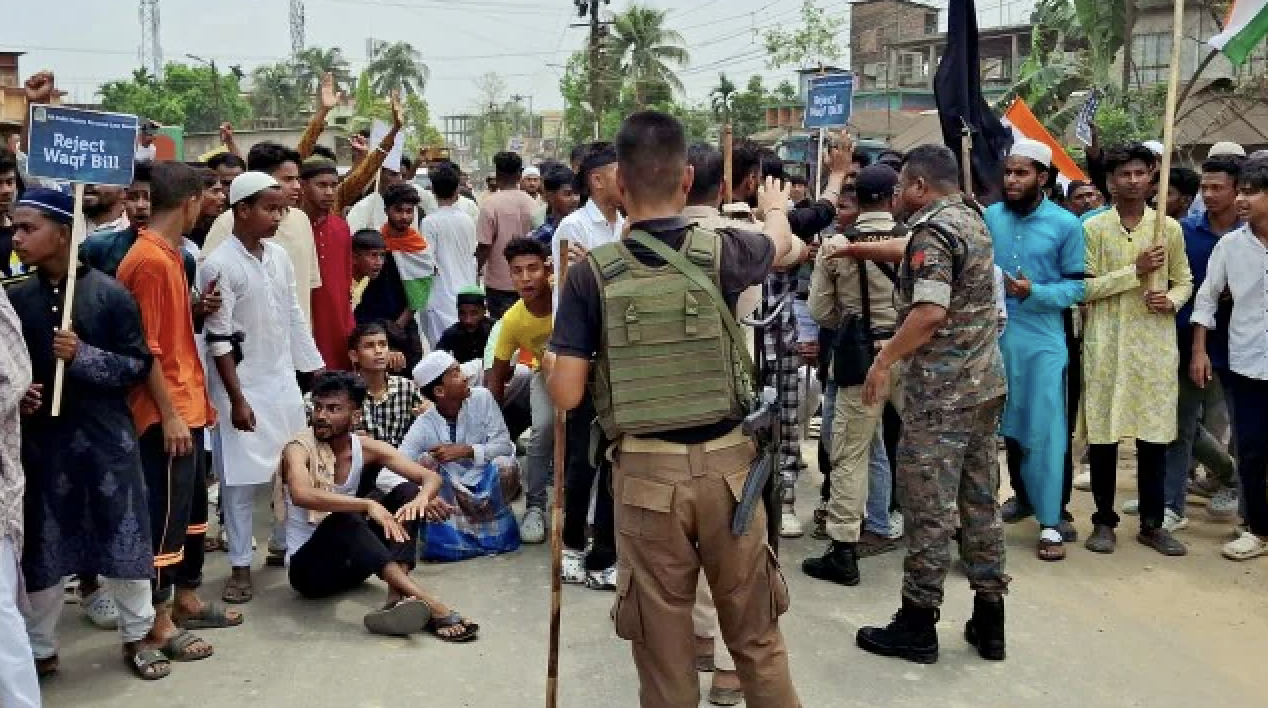
By Abdul Rahman
February 23 marks five years since the riots broke out in India’s national capital Delhi in 2020. At least 53 people were killed and several hundred were injured in the violence which was centered around the city’s densely populated north-eastern areas. Thousands of people were displaced while property worth millions was destroyed. The riots marked a crucial point in Indian politics especially amid a strengthening of the right-wing and fascist forces in the country.
Even after five years, justice has eluded most of the victims of the violence, while dozens of activists have been swept up in cases related to the riots. Activists and opposition parties, meanwhile, have accused the Delhi Police and the justice system of working in a biased and unfair manner. They allege that the police and courts are working under pressure from the ruling party which has weaved a narrative portraying the victims as culprits and vice versa. As the Delhi Police falls under India’s Home Ministry led by Amit Shah, leader of ultra-right-wing Bharatiya Janata Party (BJP) many have accused the BJP of benefiting from both the riots and the narrative it has woven around them.
But why did the Delhi riots take place and in what context?
CAA, NRC, and the Delhi riots
Beginning in 2019, India witnessed nationwide protests against the BJP government’s attempts to implement Citizenship Amendment Act (CAA) and National Register of Citizenship (NRC). Large sections of Indian society claimed that the two initiatives violated the secular principles of India’s constitution while offering citizenship on the basis of religion.
CAA provides Indian citizenship to persons of any religious dispensation, except Islam, if they can prove they have been persecuted on religious grounds in the countries of the region. NRC, if implemented, would require most Indians to prove their citizenship. Many believe this would jeopardize the citizenship rights of Indian Muslims, especially the poor who often do not possess all the papers to ‘prove’ their citizenship.
Those who opposed them saw CAA and NRC as part of BJP’s larger politics of Hindutva, Hindu nationalism, and majoritarianism.
This story was originally published in peoplesdispatch.org. Read the full story here.






